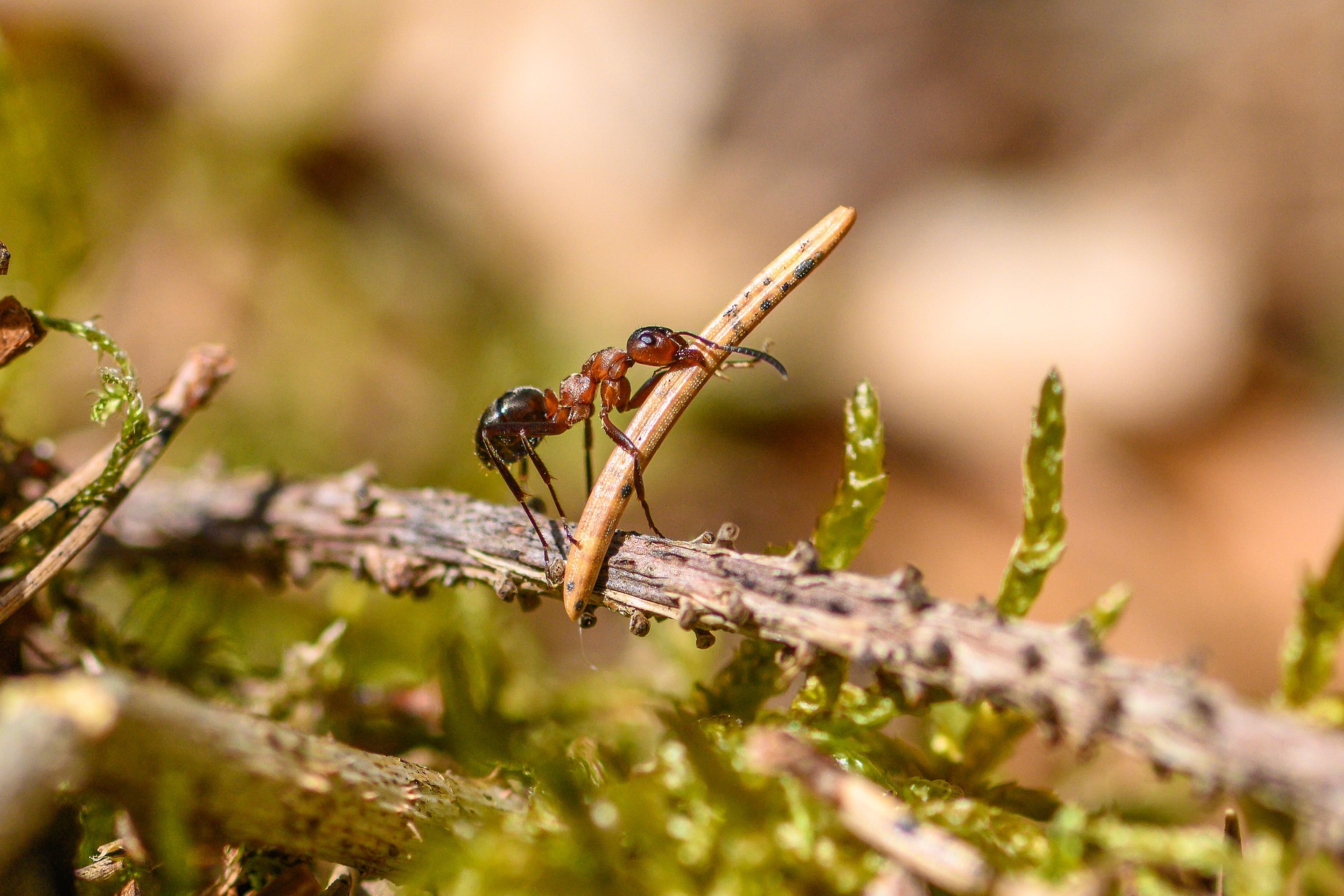The Intricate Roles of Miniature Pigs in Therapy
Miniature pigs, also known as teacup pigs or micro pigs, have recently made headlines for their unique roles as therapy animals. Far from the farmyard, these little creatures are making a big impact in therapeutic settings, providing comfort, companionship, and even physical assistance to those in need. From children with autism to adults suffering from post-traumatic stress disorder, miniature pigs are playing an increasingly vital role in mental health treatment and wellness.

An Insight into Miniature Pigs
Miniature pigs are not a separate breed but are usually a mix of several smaller pig breeds. They typically weigh between 35-70 pounds, much smaller than their standard farm counterparts, which can weigh over 600 pounds. Despite their size, they are intelligent, sociable, and surprisingly clean animals, making them ideal for a domestic environment.
The popularity of miniature pigs as pets began in the 1980s, and by the mid-1990s, they were being used in various therapeutic settings. Today, they are recognized by several mental health and medical organizations for their therapeutic potential.
Miniature Pigs as Therapy Animals
Therapy animals have been used for many years to provide emotional support and companionship to individuals dealing with various mental health issues and physical disabilities. Dogs and cats are the most common therapy animals, but miniature pigs have proven to be just as effective.
Among the key reasons for their effectiveness is their high intelligence. Pigs are social animals and can be trained to perform tasks and respond to specific commands. Their intelligence and natural inclination to form bonds with humans make them particularly effective in therapy settings, where their interactions can help reduce anxiety, improve mood, and promote overall mental well-being.
Current Trends and Developments
In recent years, there’s been an increase in the use of miniature pigs in therapy, particularly in the treatment of children with autism and adults with post-traumatic stress disorder. This trend is backed by numerous studies showing the positive effects of animal-assisted therapy.
The cost of purchasing and maintaining a miniature pig can vary, but the average price range is between $700 and $1,500. This cost, however, is offset by the potential benefits, particularly in therapeutic settings where the presence of these animals can significantly enhance the effectiveness of treatments.
Future Potential and Impact
Looking ahead, the role of miniature pigs in therapy is only expected to grow. As more research is conducted, and more success stories emerge, it’s likely that these tiny, intelligent animals will become an even more common sight in therapeutic settings.
While they may not replace traditional therapy animals like dogs and cats, the unique benefits of miniature pigs make them a valuable addition to the world of animal-assisted therapy. Their ability to promote mental well-being, provide companionship, and enhance the effectiveness of treatments makes them a potent tool in the fight against mental health issues.
In conclusion, the rise of miniature pigs as therapy animals reflects the growing recognition of the healing power of human-animal relationships. As we continue to explore and understand this relationship, it’s clear that these tiny creatures have a big role to play in promoting mental health and well-being.




